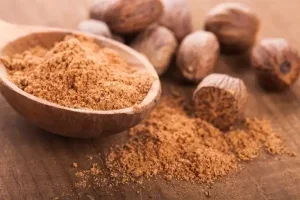
Turn to nutmeg aka jaiphal to kickstart your weight loss journey in no time
Spices are known to catalyze your metabolic activity, and that’s why nutmeg works wonders for weight loss. Read on to know more. Of course, you

Spices are known to catalyze your metabolic activity, and that’s why nutmeg works wonders for weight loss. Read on to know more. Of course, you
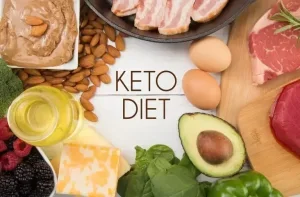
Last week, actor Mishti Mukherjee, who was in her mid-thirties, passed away in a Bengaluru-based hospital, owing to kidney failure. The actor, who had starred

Do you hit the sack immediately after your dinner? Failing to follow your proper dinner timings? Are you into midnight snacking? Then, you are doing

Paneer, a type of Indian cheese, is a delight for every vegetarian. What’s more, it is high in nutritive value with its rich content of
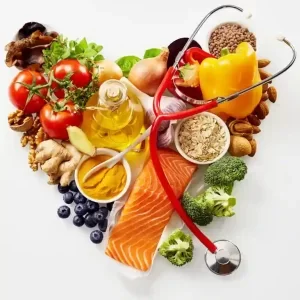
Eating the Right foods for a healthy heart will only show its benefits if consumed at the right time. An average human being consumes food

Coconut water is made from the clear liquid inside of green coconuts. Over 95 percent of coconut water is water.In traditional Ayurvedic medicine, coconut water
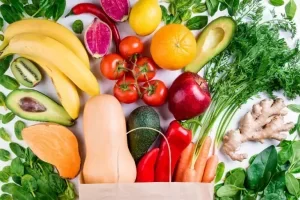
Eating certain foods really help keep bad moods at bay. The scientific community still has much to learn about how our diet influences our moods.
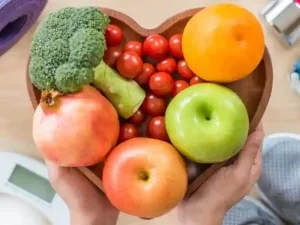
National Nutrition Week is celebrated each year from 1st September to the 7th September to aware the people about important tips of their health and

Doctors say that something as simple as eating more fruits and vegetables can increase your immunity. “Including nutrient-rich foods, getting exercise and being mindful of
Copyright © 2024 WockhardtHospitals. All rights reserved.
Thank You

Your application has been submitted!
Thank You for using our website!
Second Opinion